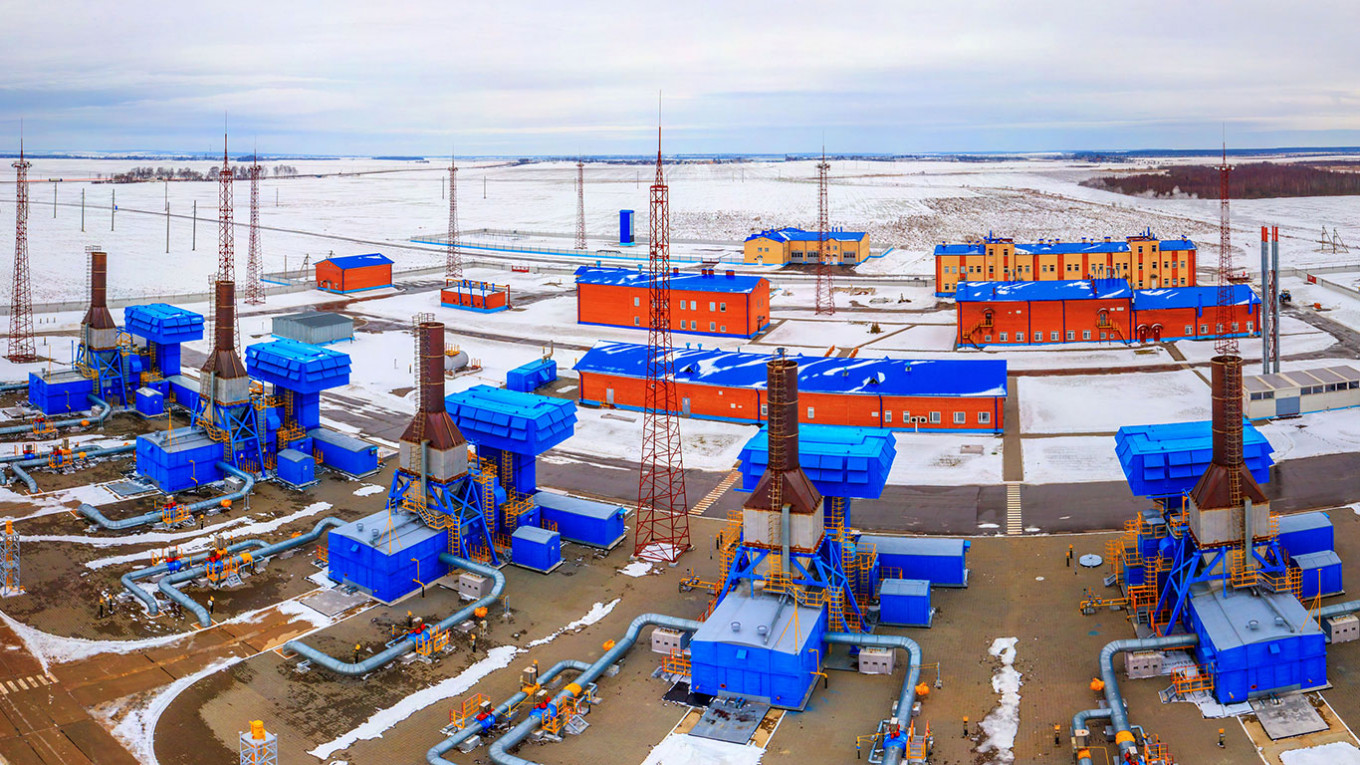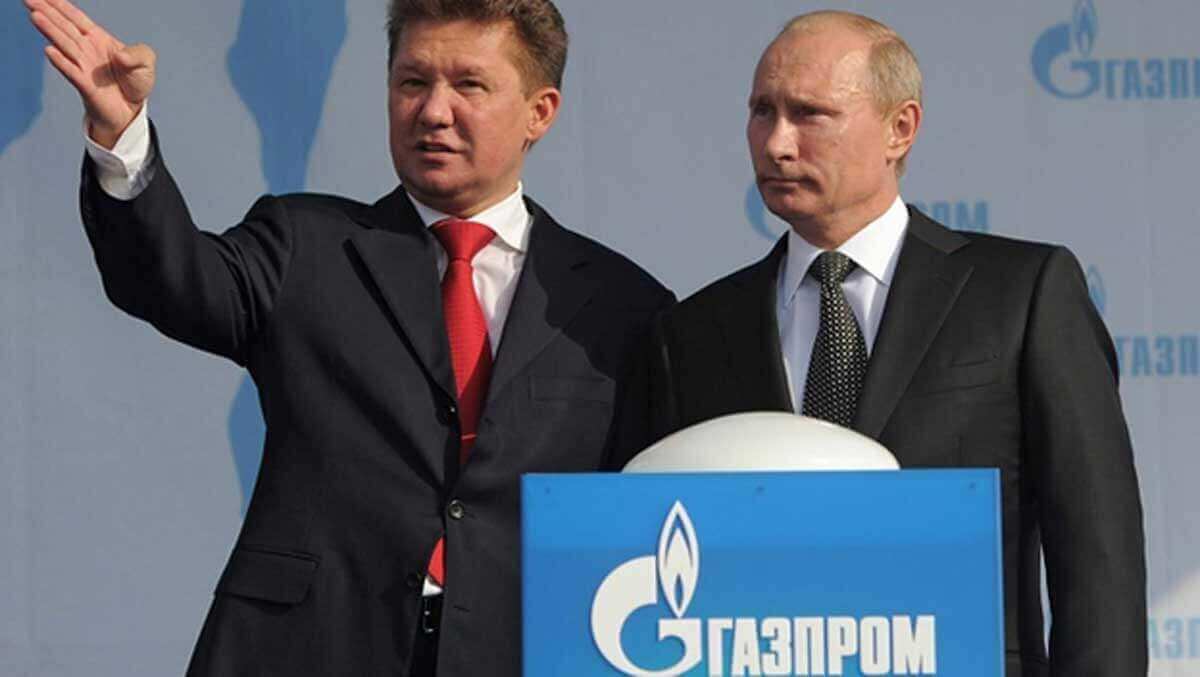Natural gas prices in Europe increased by 8% on Monday after Russian state-controlled gas company Gazprom slashed supplies to its Yamal-Europe pipeline over the weekend.
Daily shipments through the Yamal pipeline that runs across Belarus and Poland to Germany reportedly dropped from 27 million cubic meters (mcm) on Friday to 4.7 mcm on Sunday, thereby operating at a record low 4% of its total capacity. As a result, gas prices in Europe skyrocketed past $1,700 per thousand cubic meters on Monday, 70% higher compared to September prices. Moreover, Gazprom booked a minimal additional capacity of only 3.8 mcm during its Monday auction, leading to tensions in European markets about the knock-on effects on inflation. The Russian state-owned gas company also refused to book supplies through Ukraine and only booked 22% of the proposed additional supplies along its Yamal route.
The Yamal and the Nord Stream 1 pipelines are Gazprom’s two major supply routes into Europe. Gazprom has been accused of leveraging its position as Europe’s chief gas supplier to get approvals for its Nord Stream 2 pipeline, as well as pressuring countries into signing long-term contracts at fixed rates. According to Reuters, Gazprom has refuted these allegations by saying that it merely supplies gas “in line with the requests from consumers and in full compliance with the current contractual obligations.”

The Nord Stream 2 gas pipeline has been a controversial issue between Germany, the United States (US), Ukraine, and Russia. Last month, German courts suspended the pipeline’s certification due to non-compliance. The US has also raised concerns about Europe’s increasing energy dependence on Russia. At the same time, Ukraine sees the pipeline as a major source of revenue but also fears Russia potentially using it as a geopolitical weapon.
Despite tensions with Russia, Ukraine’s commercial relationship with Gazprom has remained intact over the years, allowing it to make around $3 billion a year by transiting Russian gas to Europe. However, Kyiv fears that Moscow is seeking alternative routes to pressurise Ukraine amid the ongoing conflict at the border.
In September, Gazprom announced a 15-year gas supply deal with the Hungarian government through its TurkStream pipeline that runs under the Black Sea, bypassing Ukraine. The announcement angered Ukraine, which called it a “detriment of the national interests of Ukraine and Ukrainian-Hungarian relations.”
Gazprom was also accused of political blackmail in October after it increased Moldova’s gas prices from $550 per thousand cubic metres to $790, prompting Chișinău to declare a state of emergency. Moldova’s European allies condemned the gas giant for manipulating supply to Moldova to punish the Maia Sandu government for adopting a pro-EU stance and seeking EU membership.

